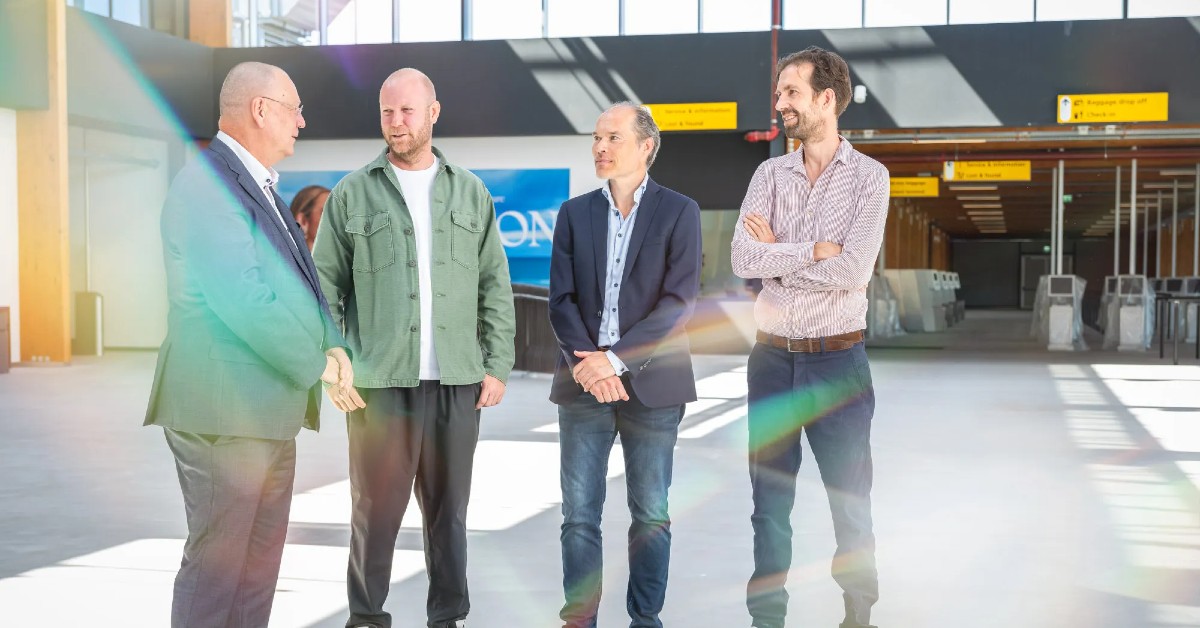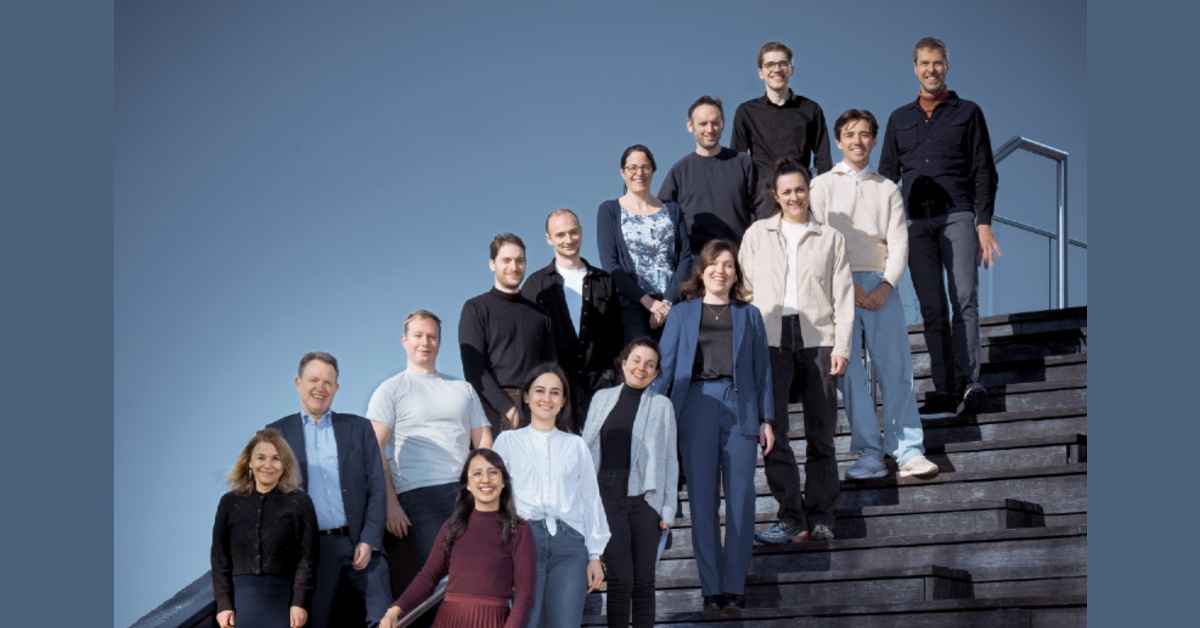Stockholm-based Mine Storage’s pilot project in Norberg, Sweden, has been selected for a €22M grant from the EU Innovation Fund. The grant will support the company’s efforts to enhance grid stability and resilience while integrating renewable energy production.
This milestone reflects the Innovation Fund’s commitment to advancing low-carbon technologies, funded by the EU Emissions Trading System (ETS), which reinvests emissions fees from polluters into sustainable innovation projects.
Mine Storage has been invited to begin grant preparation, underscoring the project’s potential to contribute to Europe’s green energy transition.
Brief about Mine Storage
Founded in 2000, Mine Storage is utilising its experience and partnerships with energy and mining companies to create grid-scale energy storage solutions using existing infrastructure.
With a combined 200 years of experience across various sectors of the power industry, including hydropower and wind development, Mine Storage aims to become a global leader in energy storage.
The company has completed over 30 infrastructure projects, each valued at up to €300M, showcasing their expertise in facilitating a sustainable energy transition.
Enabling sustainable energy transition
Mine Storage claims to address the urgent need for energy storage solutions amid the global shift toward decarbonisation and electrification. The company offers a storage system utilising abandoned mines, which minimises environmental impact, reduces construction costs, and leverages existing infrastructure.
The storage systems are designed to cater to both bulk storage and ancillary services, adapting technology to optimise revenue based on local market conditions. Currently, only 3 per cent of generated electricity is stored, making grid-scale energy storage essential for enabling the energy transition.
Using water and gravity for energy storage is a mature technology, and mine storage systems can vary in capacity from 15 to 200 MW, providing energy for 2 to 12 hours. For instance, a 100 MW facility could power 250,000 households for up to 12 hours.
These solutions play a crucial role in managing production-consumption mismatches and enhancing grid stability, positioning mine storage as a key component in the transition to a sustainable, zero-carbon energy future.










01
From telecom veteran to Dutch Startup Visa success: The Jignesh Dave story